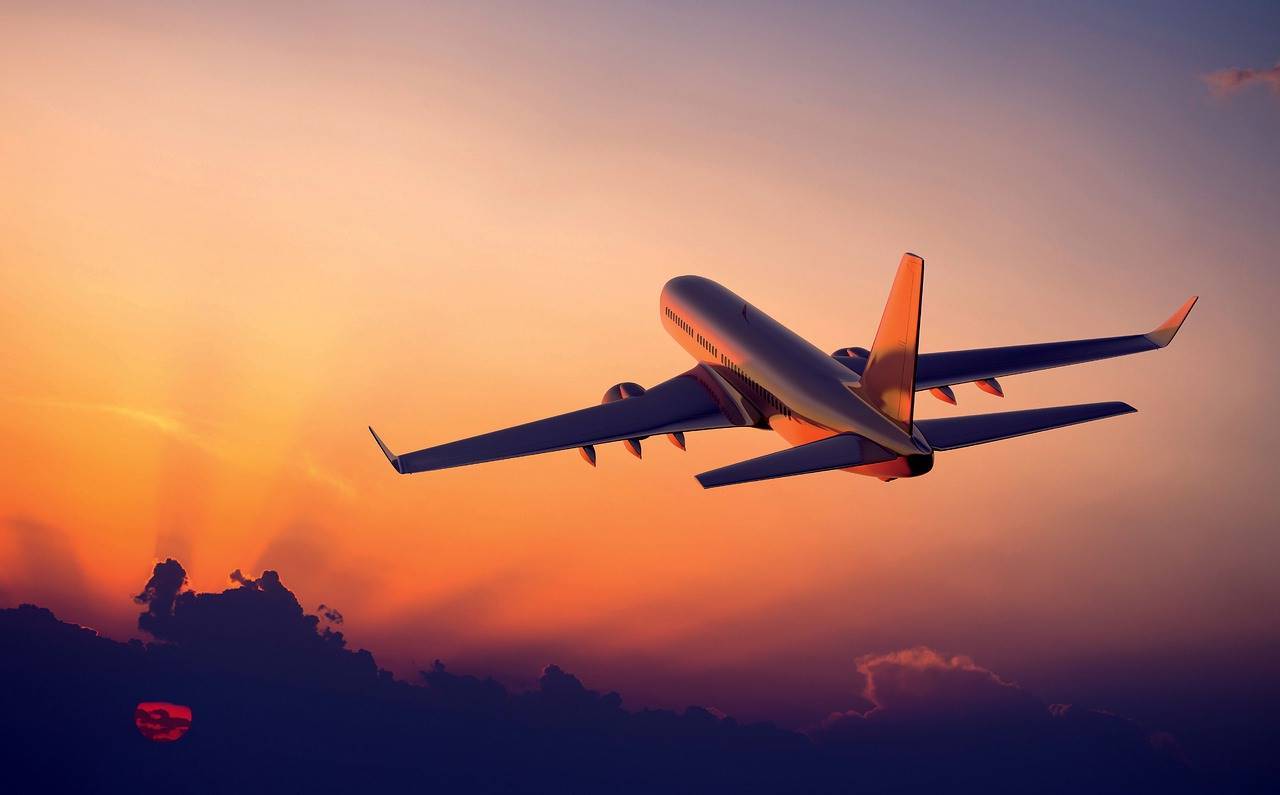Cabin crews are often exposed to radiation while flying. Though the levels of radiation are not dangerous, they can still be harmful in the long run. Every flight attendant needs to be aware of these risks and take steps to protect themselves from radiation exposure.
Also Read: What are Flight Attendant Physical and Beauty Standards?
The effects of radiation exposure are still being studied. But, it’s possible that the increased risk of developing cancer and dying from cancer could be due to cabin crew members’ constant exposure to cosmic rays while flying at high altitudes.
It has been shown that there is a higher rate of breast cancer among female cabin crew members than in the general population.
Contents

What is Radiation Exposure?
Radiation is a type of energy that travels through the air and can penetrate human tissue. It is invisible and cannot be detected without special equipment.
Radiation exposure occurs when radiation penetrates the body and damages cells. This can happen if you are exposed to radiation from an external source, such as X-rays or radiation therapy.
It can also occur if you are exposed to radiation from an internal source, such as radioactive isotopes. Radiation exposure is a risk for anyone who works with radiation, including health care workers, laboratory technicians, and cabin crew.
The risk of radiation exposure increases with the amount of time you are exposed to radiation. The best way to reduce your risk of radiation exposure is to limit your time in radiation-prone areas. If you must work in a radiation-prone area, wear protective clothing and take other precautions to limit your exposure.
What are the risks of radiation exposure?
Radiation exposure can damage cells and DNA, which can lead to cancer. The risk of developing cancer from radiation exposure is higher for children and young adults than it is for older adults. This is because their cells are more sensitive to the effects of radiation.
Radiation exposure can also cause other health problems, such as cataracts, skin burns, and premature aging. The risk of these health problems increases with the amount of radiation you are exposed to.
Why are cabin crew prone to radiation?
Cabin crew is exposed to radiation because of the altitude they fly at. The higher you are, the more exposure you have to cosmic rays – high-energy particles that come from outer space. These particles can damage DNA and cause cancer.
While the levels of radiation exposure for cabin crew are not considered dangerous in the short term, they are still harmful in the long run. Studies have shown that long-term exposure to low levels of radiation can increase the risk of developing cancer.
Tips to Prevent Frequent Exposure to Radiation as a Flight Attendant
So what can cabin crew do to protect themselves from radiation exposure? There are a few things cabin crew can do to reduce their risk of developing cancer from radiation exposure:
- Fly less often: If you’re a cabin crew member, try to fly less often. The more you fly, the more exposure you have to cosmic rays. However, we understand that you may not have control over your schedule. This is only applicable if you can bid for your monthly roster schedule.
- Bid for shorter flights: If you can, take shorter flights. The longer you’re in the air, the more exposure you have to cosmic rays.
- Stay below 30,000 feet: Try to stay below 30,000 feet when flying. The higher you are, the more exposure you have to cosmic rays.
- Use sunscreen: Cabin crew should use sunscreen with an SPF of at least 15 when flying. This will help protect your skin from damage from cosmic rays.
- Wear protective clothing: Cabin crew should wear protective clothing, such as a lead apron, when flying. This will help protect your body from radiation exposure.
- Get a baseline radiation dose: Before you start flying, get a baseline radiation dose. This will help your doctor monitor your exposure to cosmic rays and make sure it stays within safe levels.
The cabin crew needs to be aware of the risks of radiation exposure and take steps to protect themselves. By following these tips, you can help reduce your risk of developing cancer from radiation exposure.
Video: Effects of Frequent Flying
Check out this clip below which features 60 Minutes Australia and how they discussed the studies about radiation when flying:
Cabin crew members are exposed to radiation on a daily basis, and new research has found that this radiation may have harmful effects on their health.
The findings showed that radiation exposure increased the risk of developing cancer, particularly breast cancer. The study also found that cabin crew members who were exposed to radiation had a higher risk of dying from cancer than those who were not exposed.
These findings highlight the need for more research on the health effects of radiation exposure, and they underscore the importance of taking precautions to reduce radiation exposure for cabin crew members.
Summary
Don’t let this radiation exposure warning deter you from applying for a job as a cabin crew. Please remember that there are also other occupations that are at a higher risk for radiation exposure such as health care workers, laboratory technicians, and power plant workers.
Studies are still being done to understand better the effects of flying on one’s body. Take note that the best way to reduce your risk of radiation exposure is to limit your time in radiation-prone areas.
Cabin crew should try to fly less often, take shorter flights if your job allows you to, stay below 30,000 feet, use sunscreen, wear protective clothing, and get a baseline radiation dose before flying frequently.
By following these tips, you can help reduce your risk of developing cancer from radiation exposure.